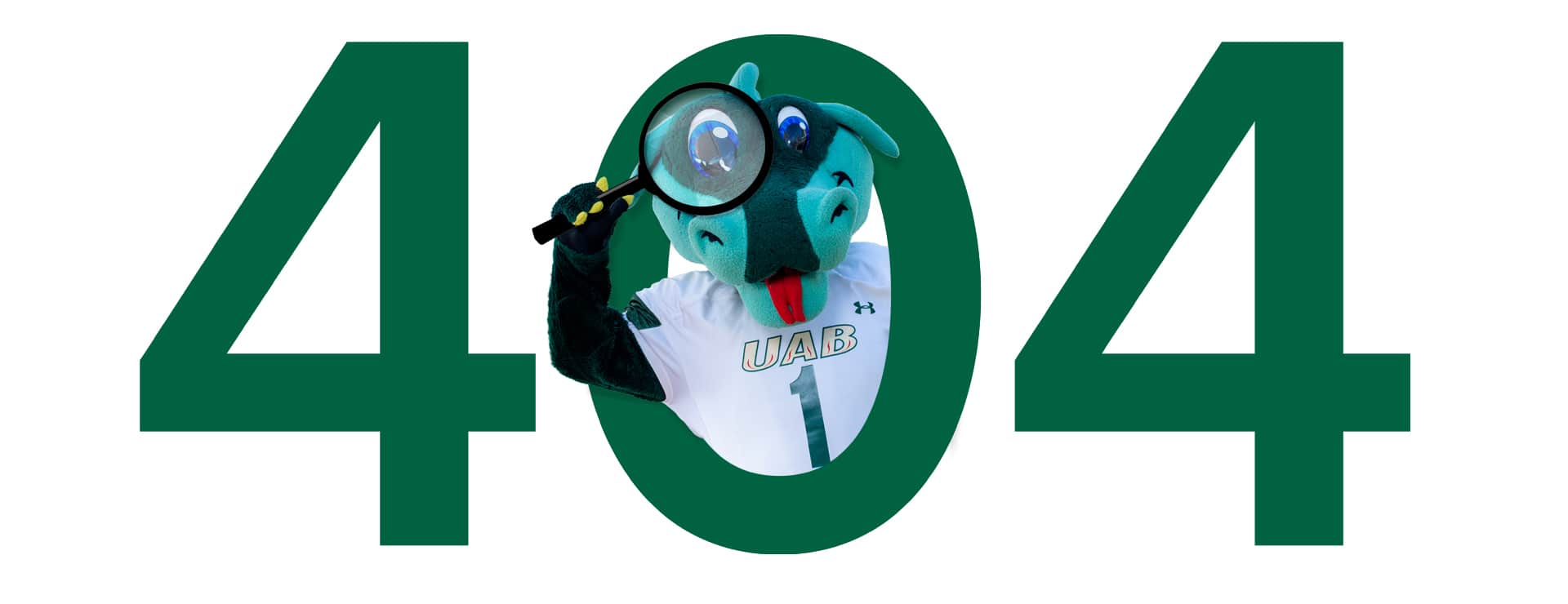
We can't seem to find the page you're looking for.
Sorry about that.
This could be due to a URL address that was entered incorrectly or a page that has been deleted or moved.
Try these steps:
- Check the web address for typos or missing characters
- Refresh your browser or clear your cache if the page previously loaded on this device
Technically, here's what happened:
404 - Page not found
